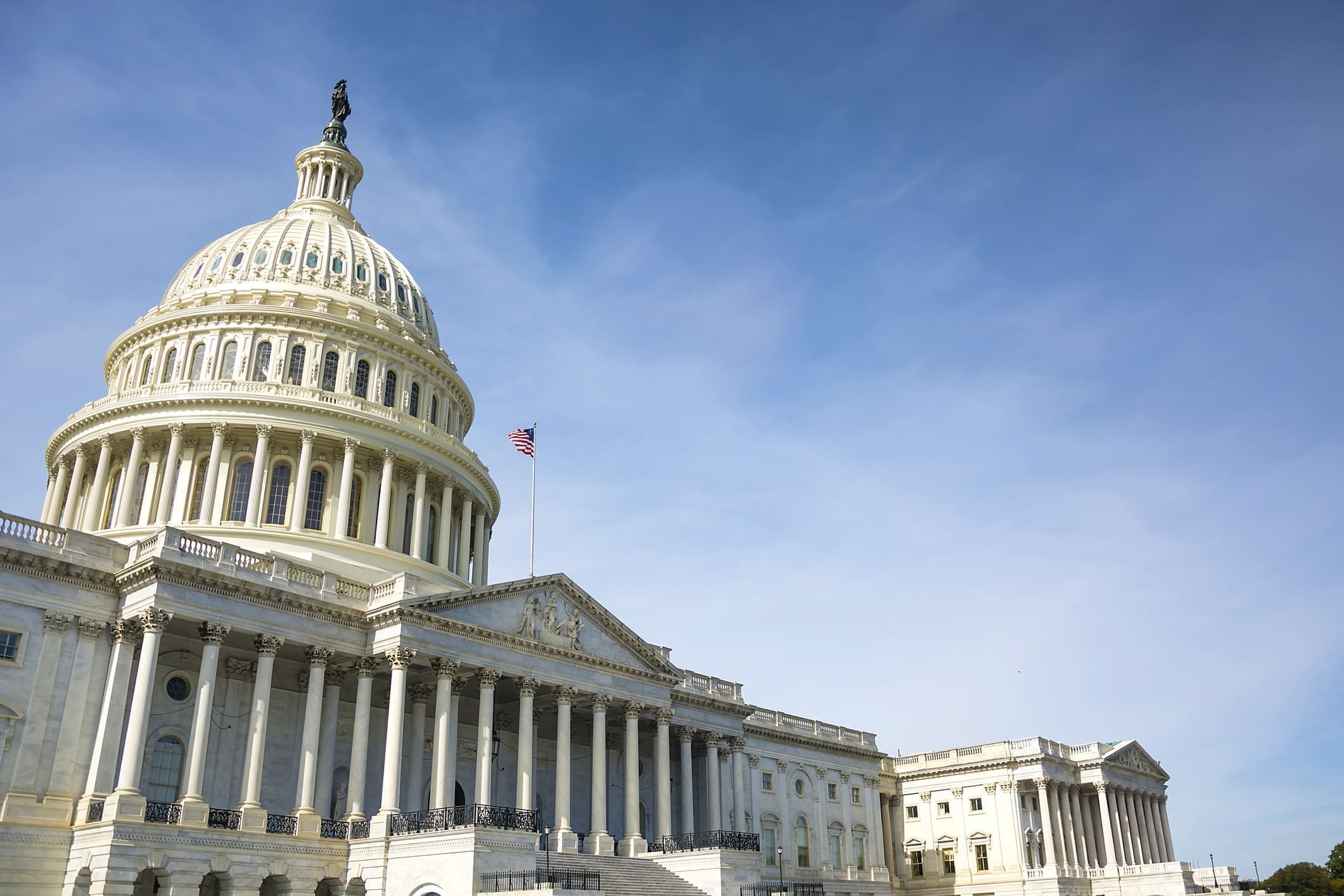
Support aligns with the “NACDS 2023” health and wellness innovation initiative
The National Association of Chain Drug Stores (NACDS) announced its ongoing support for the newly reintroduced Medical Nutrition Therapy Act (S. 3297/H.R. 6407). The bill would enhance Medicare coverage for medical nutrition therapy (MNT) to help Americans confront a broader array of conditions. It also would empower more health professionals to make referrals for MNT, reaching more patients at higher risk of experiencing health disparities.
“We appreciate the bipartisan leadership of U.S. Senators Susan Collins (R-ME) and Gary Peters (D-MI), and U.S. Representatives Robin Kelly (D-IL) and Jen Kiggans (R-VA) in re-introducing this important legislation in this Congress,” said NACDS President and CEO Steven C. Anderson. “Americans look to pharmacies in drugstores, grocery stores, and mass merchants – and to the total store – for nutrition, health, and wellness solutions. NACDS members would figure significantly in the implementation of this legislation, and the bill’s value would be further enhanced by including pharmacists among those who can make referrals for medical nutrition therapy.”
NACDS’ engagement reflects its commitment to health and wellness innovation through the “NACDS 2023” Initiative, which brings a “Pharmacy Plus” approach leveraging the total store for the total person. A key part of the “NACDS 2023” Initiative is Nourish My Health, a national public health education campaign launched September 28 by NACDS and partner organizations on the one-year anniversary of the White House Conference on Hunger Nutrition, and Health.
MNT is delivered by registered dietitian nutritionists, including those practicing in the retail setting at NACDS members’ locations. While a physician’s referral currently is required for a beneficiary to utilize MNT services under Medicare Part B, the legislation would empower nurse practitioners, physician assistants, clinical nurse specialists and psychologists to refer their patients for MNT.
In addition, Medicare currently only covers MNT for individuals with diabetes or renal disease. The legislation would provide Medicare beneficiaries with greater access to registered dietitian nutritionists (RDNs) by expanding the availability of nutrition services under Medicare Part B. This expansion would include coverage for the following diseases: diabetes and prediabetes; renal disease; obesity; hypertension; dyslipidemia; malnutrition; eating disorders; cancer; gastrointestinal diseases, including celiac disease; HIV and AIDS; cardiovascular disease; and any other disease or condition specified by the Secretary related to unintentional weight loss.
“Time and time again, retail stores with pharmacies and their team members prove to be essential in reaching those who struggle to access care,” Anderson said. “Americans turn to pharmacies in public health emergencies, and Americans turn to pharmacies for their own day-to-day needs. On a consistent basis, NACDS has engaged with federal agencies and other entities to confront the inter-relationships between poverty, poor education, poor nutrition, and threats to health and wellness. Our support for this legislation is a natural extension of this work.”
A recent poll conducted by Morning Consult and commissioned by NACDS found:
- 89% of American adults – and 95% of those ages 65 and over – said it is “very easy” or “somewhat easy” to access a pharmacy, ranking pharmacies as the most accessible healthcare destinations tested.
- Further, 75% of American adults said they “strongly support” or “somewhat support” a role for pharmacists in helping patients manage chronic disease such as heart disease and diabetes.
- 81% of American adults said they “strongly support” or “somewhat support” a role for pharmacists in helping patients understand their nutritional choices.
The poll was conducted between September 9 and 11, 2023, among a sample of 2,202 adults.
The interviews were conducted online and the data were weighted to approximate a target sample of adults based on age, gender, race, educational attainment, region, gender by age, and race by educational attainment. Results from the full survey have a margin of error of plus or minus 2 percentage points.